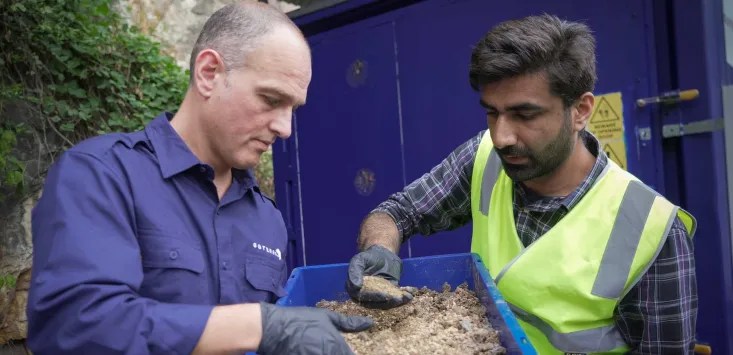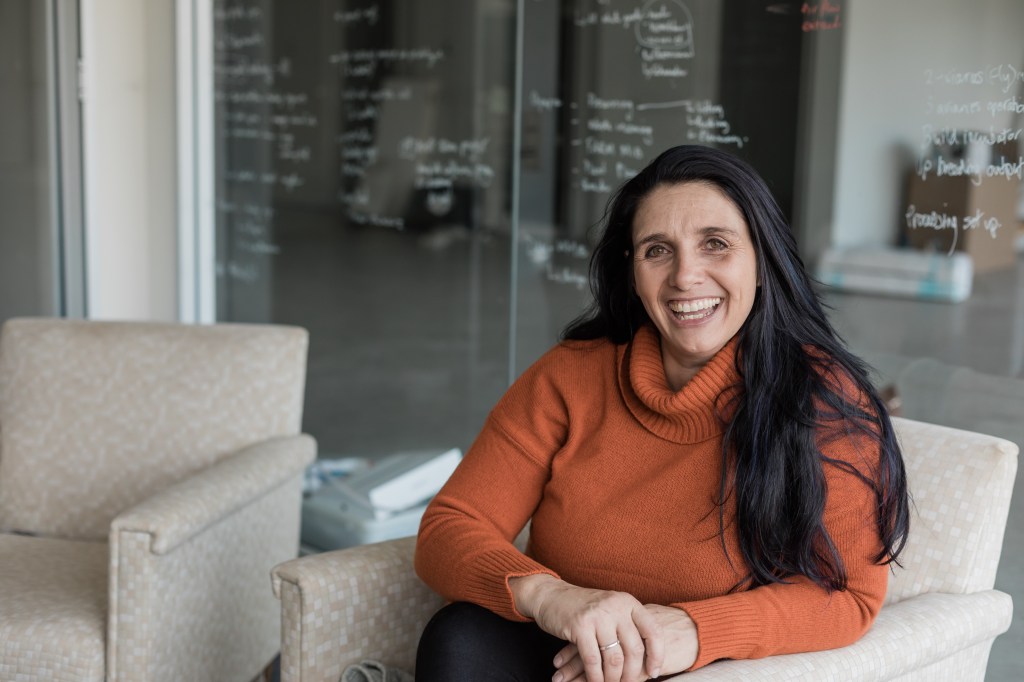Goterra has partnered with Howard Smith Wharves (HSW) to reduce the Queensland precinct’s food waste and regenerate it into by-products such as insect protein and fertiliser.
According to Luke Fraser, CEO of Howard Smith Wharves, 50% of all waste from the Wharves is from food. With Goterra’s help, HSW is expected to break down 1.7 tonnes of food scraps per day, with the processed fertiliser to be used on the gardens throughout the new Brisbane retail precinct.
“Our core sustainability focus is to ensure that waste generated across our venues is separated, segregated and recycled,” Fraser told Future Alternative. “We currently divert 96% of waste from landfills by utilising 17 different waste streams. By bringing Goterra into our precinct, we are adding another innovative solution to waste streams by harnessing the natural power of insects and transforming waste into fertiliser.”
Goterra CEO Olympia Yarger spoke to Future Alternative about the project, explaining that the food waste is being processed on site by the firm’s new MIBs (Modular Infrastructure for Biological Services) just behind HSW’s restaurant precinct.

Yarger explained that the precinct was new territory for the start-up in terms of the technology deployment and volume capacity.
“Being over 1000 km from our headquarters in ACT, Howard Smith Wharves signals expansion into Queensland, a new state for Goterra. This is a significant step forward for us and paves the way for big opportunities nationally. But it comes with challenges, like how we best seed and service the MIBs, and sourcing new offtakes buyers nearer to Brisbane to close the loop as efficiently as possible,” Yarger said.

Yarger added that Goterra was working through supply chain relationships to have the HSW offtakes, frass, and protein sold into Queensland markets to save unnecessary logistics of those products being returned to Sydney or Canberra for processing.

With regards to the project’s challenges, Yarger said the firm’s experience in servicing Sydney’s Barangaroo precinct served as an effective reference in terms of waste types and volumes.
“We take learnings from how we educate and work together with the customer including tech and systems to make the process as efficient as possible to ensure food waste is making it to the food waste bin. And how to keep contamination low across many restaurants and businesses. It’s always done with a collaborative and ‘we are here to help’ approach,” Yarger said.
Yarger added that Goterra already has four new sites under construction for Q1 and Q2 of 2024, which she says will significantly increase the firm’s capacity.
Goterra recently received the SmartCompany Smart 50 Sustainability award along the with The Startup Daily Best in Tech Sustainability award for its modular insect technology.
To stay up-to-date on the latest industry headlines, sign up to Future Alternative’s enewsletter.
Posted on:


